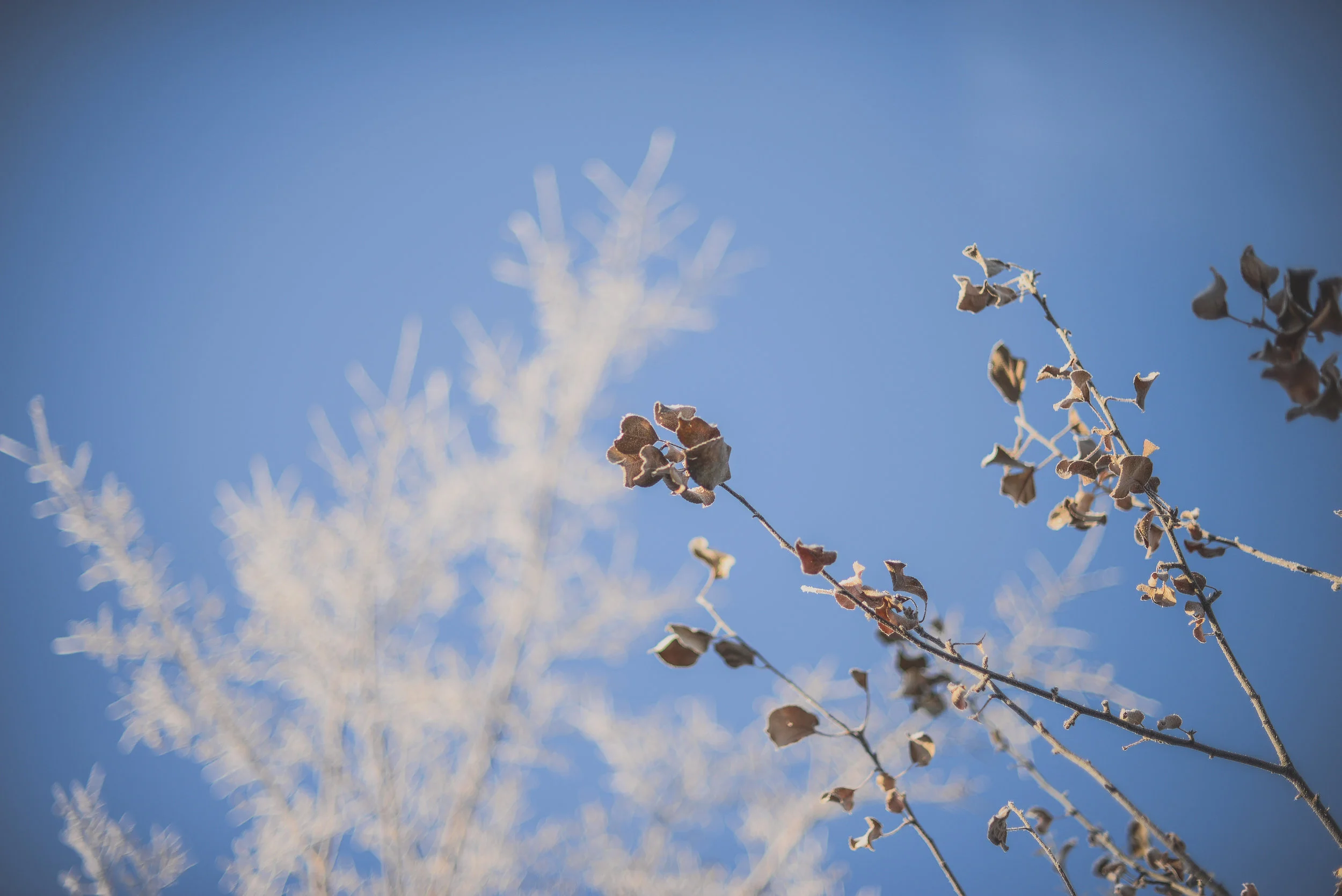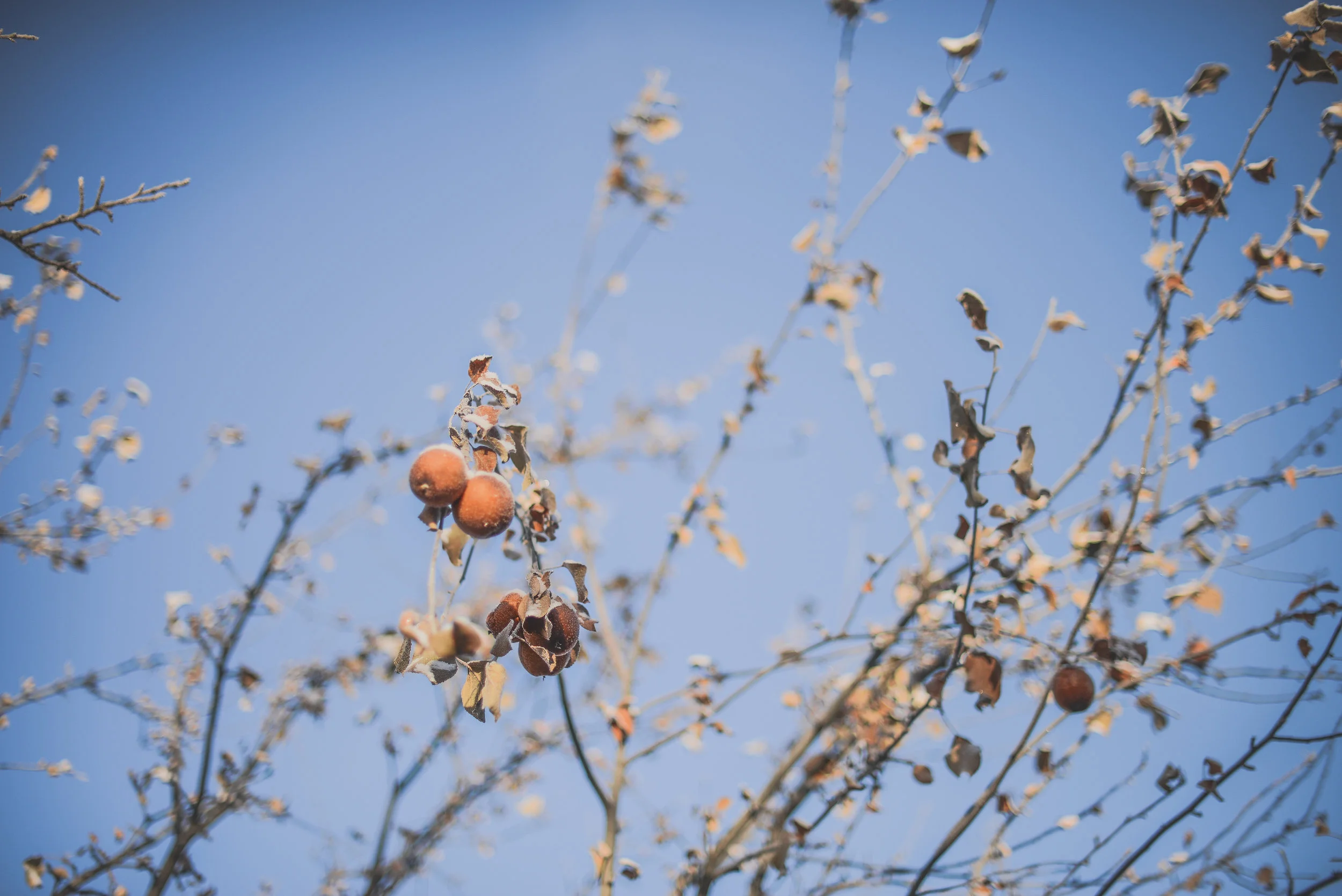5 Ways to Be Kind Right Now
You're a kind person. I think I am, too. But I could be kinder. This last year and its politics left me feeling less kind, more guarded, more prone to moments of anger. What often made me angry had to do with witnessing or reading about the unkindnesses of others. So, you know, that's pretty messed up. I want less anger, though, and more action. I want to be ready to be kind in everyday circumstances, in mundane exchanges, and in the face of minor frustrations, in the presence of bodily exhaustion, and in the presence of mental fatigue.
Probably one of my all time favourite quotations is this one:
“Three things in human life are important. The first is to be kind. The second is to be kind. And the third is to be kind.”
We work, maybe we have a side-hustle, we have a family, we have obligations of all sorts. How does one find time to get out and do good in the world? My premise for this post is that we don't have to go far. Let's begin with what I think is an excellent way to be kind right now.
1. Tend Your Three Feet of Influence
This one comes from Sharon Salzburg, author of Real Love: The Art of Mindful Connection, and guest blogger for On Being. In her piece, Your Three Feet of Influence, Salzburg says,
“You cannot control the world, the country, your town, the mood swings of those you love, but you can try to create around you a little bit of space that is all your own, a place where the rules of interaction you’ve chosen make sense and your actions have integrity.
We can be the kind of people who lead with their hearts and behave to those around them in an ethical, honest, and kindly manner that creates for those who enter that three feet around us a feeling of peace that also serves to steady the self.”
There's a poem I return to to remind myself how important our small areas of influence are, how important are the small kindnesses. It's titled, “In Praise of Small Kindnesses” and is by Siri Liv Myhrom and begins:
Today’s is a soft meditation
in praise of the enormity
of small kindnesses.
Like the café worker who waved enthusiastically
to my father as he walked in the door of the coffee shop
like she was expecting him,
like he was a regular in this hipster enclave
instead of a septuagenarian
in khaki shorts and white tennis shoes.
2. Practice the Golden Rule
You know, “Do unto others as you would have them do unto you.” Very simple. Very profound. I've written about the golden rule here. Karen Armstrong says this:
“Basically, I don’t think we need any great figure to come along. We know what to do. The golden rule, that’s all it is. All the traditions teach the same. Instead of waiting for some lead, just go on, just start practicing. And perhaps start demanding it from our politicians and religious leaders, too.”
3. Amplify
This isn't a new idea, and in fact there's a newsletter called Amplify that you can subscribe to via The Globe and Mail: “designed to support, inspire and challenge women of all ages, backgrounds and experiences.”
In Obama's Whitehouse, the technique was used thusly:
“...women started using a simple rhetorical technique to stop interruptions and reinforce points made by other women. When a woman made a good point, another woman would repeat it, and give credit to the originator. This made the idea harder to ignore, or to steal. The women called the technique “amplification.”
How to amplify? Talk about those things that inspire you, that are unique, and by voices that might not otherwise be heard. Give credit. Acknowledge your indebtedness to ideas, art, writing. Support something small, something meaningful. A book, an artist, a new restaurant, an Etsy shop, a blog, a bookstore.
If you have a bigger voice, help smaller voices be heard. Mentor them, bring them along, share them.
In John O'Donohue's book Beauty, which I mention here fairly frequently, he says,
“There is a kindness in beauty which can inform and bless a lesser force adjacent to it. It has been shown, for instance, that when there are two harps tuned to the same frequency in a room, one a large harp, and the other smaller, if a chord is struck in the bigger harp it fills and infuses the little harp with the grandeur and beauty of its resonance and brings it into tuneful harmony. Then, the little harp sounds out its own tune in its own voice.”
The obvious places to amplify those good ideas and good work of others is on social media. But you can do it at your book club, in a meeting, at a coffee date. When you hear about something good, pass it on, amplify it, give credit.
4. Be a Witness to the Soul
This doesn't sound like it would be such a big deal, but it is. Parker Palmer, in a piece from 2016, titled, “The Gift of Presence, The Perils of Advice” says this:
“Here’s the deal. The human soul doesn’t want to be advised or fixed or saved. It simply wants to be witnessed — to be seen, heard and companioned exactly as it is. When we make that kind of deep bow to the soul of a suffering person, our respect reinforces the soul’s healing resources, the only resources that can help the sufferer make it through.”
In my book Asking, I quote from Plato who said this:
“Any one who has common sense will remember that the bewilderments of the eyes are of two kinds, and arise from two causes, either from coming out of the light or from going into the light, which is true of the mind's eye, quite as much as of the bodily eye; and he who remembers this when he sees any one whose vision is perplexed and weak, will not be too ready to laugh; he will first ask whether that soul of man has come out of the brighter light, and is unable to see because unaccustomed to the dark, or having turned from darkness to the day is dazzled by excess of light.”
Just being with someone and witnessing their soul coming out of a bright light, and going toward a darkness, or the reverse, is often enough.
We are there to steady each other as we emerge from one state to another, as we cross a threshold. That, too, is something.
5. Be Human
In this strange climate of the fake, be real. Reveal yourself, when you feel it is safe to do so. Show your imperfections. Admit when things are difficult, or tricky, or uncomfortable. In a commencement speech, Omid Safi offered the following advice:
One of the things that breaks my heart, whether in the corporate world or in the academic world, is that I ask my friends, “How are you doing?” and all I get in answer is this head nod, “You know, I am so busy, so busy.” And I feel like, “You told me nothing.”
How do we remember that we are human beings, not human doings? When someone asks you, “How are you?” Don’t shout back your to-do list. I am not asking what do you need to get done today. If we have to rephrase it, what I am really asking is, “How is your heart today?”
Take that risk with the people who deserve it, who are worthy of it, make yourself vulnerable to them, actually tell them, actually share with them: “I am really struggling today. I am doing my very best, but I can really use a hug.” You might just find that it changes the dynamic of your connection with them.
Maybe we can all learn to rephrase the question, how are you doing? Or to at least, hear the question differently. What interesting things are happening with you? How are you holding up? How is your heart today? What are you curious about?
To offer up something of ourselves that is real, is a kindness unto itself. It's a connection.
Part of what led me to write this post was a book called Museum of Kindness which I've been reading over the holidays – poems, by Susan Elmslie. In the titular poem, she googles museum of kindness because her daughter is looking at an article on the Museum of Medieval Torture. Surely there must be something to balance out the horror?
The poet questions this state of the world, and what would qualify for exhibition:
Then there's the philosophical question:
what might qualify as instruments
of kindness? Welfare? Morphine?
A cup of tea, a roll of quarters
at the Soap Opera Laundromat,
a basin and a sponge?
There's still room in the suggestion box.
The poem ends by by saying that if there were to be a museum of kindness,
There'd be a wing devoted to the best
intentions.
I think if it existed, we'd go.
The book is, in its own way, an enactment of kindness, a museum of kindness itself. Which is what we hope for in poetry, and sometimes receive. If there was a museum of kindness, this book would be a fine inclusion.








